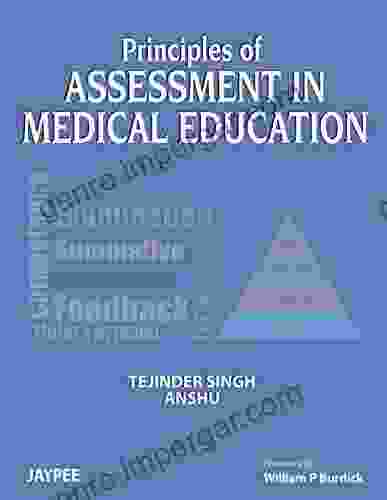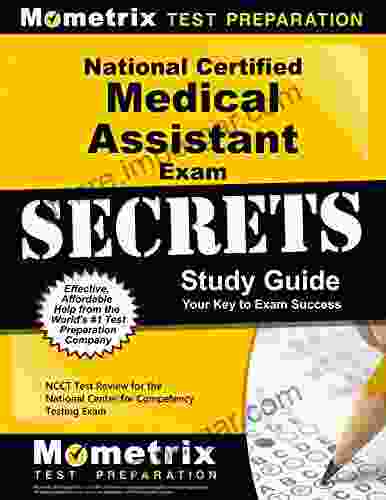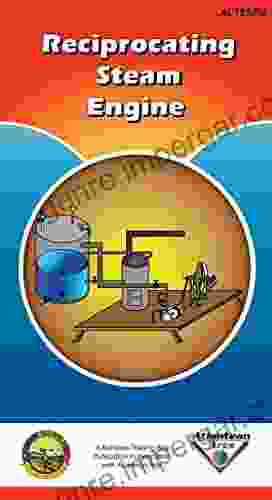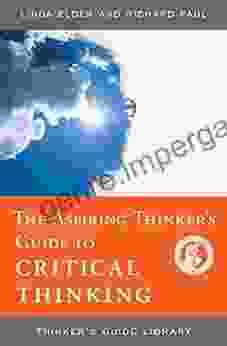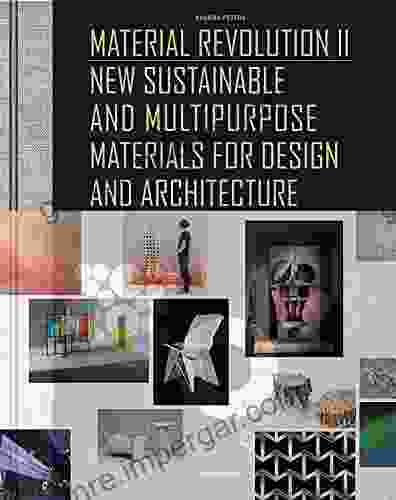Principles of Assessment in Medical Education: A Comprehensive Guide

: The Importance of Assessment in Medical Education
Assessment plays a crucial role in medical education, serving as a vital tool for evaluating students' knowledge, skills, and competencies. It provides a standardized framework for measuring learning outcomes, ensuring that future healthcare professionals are adequately prepared to meet the demands of patient care. This article delves into the essential principles of assessment in medical education, examining various methodologies and offering insights into best practices for effective student evaluation.
Section 1: Establishing Assessment Objectives
The first step in effective assessment is to clearly define the objectives. These objectives should align with the learning outcomes outlined in the medical curriculum. Well-defined objectives provide a roadmap for the assessment process, ensuring that it is focused and relevant to the intended learning outcomes.
4.8 out of 5
| Language | : | English |
| File size | : | 5630 KB |
| Print length | : | 266 pages |
Types of Assessment Objectives
- Cognitive Objectives: Assessing students' knowledge and understanding of medical concepts
- Psychomotor Objectives: Evaluating students' physical skills and procedural competencies
- Affective Objectives: Assessing students' attitudes, values, and professional behaviors
Section 2: Choosing Assessment Methods
Once assessment objectives are established, selecting appropriate assessment methods is crucial. A wide range of assessment methods exists, each with its strengths and limitations. The choice of method depends on the nature of the objectives and the type of learning outcome being evaluated.
Common Assessment Methods in Medical Education
- Written Examinations: Multiple-choice questions, short answer questions, and essays
- Oral Examinations: Structured interviews, presentations, and clinical case discussions
- Performance-Based Assessments: Simulations, Objective Structured Clinical Examinations (OSCEs),and patient encounters
- Portfolio Assessment: Collection of student work, reflective journals, and case studies
Section 3: Ensuring Assessment Validity and Reliability
Validity and reliability are fundamental qualities of effective assessments. Validity refers to the extent to which an assessment measures what it is intended to measure. Reliability indicates the consistency and accuracy of an assessment over time.
Strategies for Ensuring Validity and Reliability
- Content Validity: Ensuring that the assessment content adequately covers the intended learning outcomes
- Construct Validity: Assessing the relationship between the assessment and other indicators of student performance
- Test-Retest Reliability: Repeatedly administering the assessment to the same students to assess consistency
- Inter-Rater Reliability: Multiple assessors independently evaluating the same student performance to ensure agreement
Section 4: Providing Effective Feedback
Feedback is an essential element of assessment, as it helps students understand their strengths and areas for improvement. Effective feedback is timely, specific, and actionable.
Principles of Effective Feedback
- Timeliness: Providing feedback soon after the assessment
- Specificity: Identifying specific areas for improvement
- Actionability: Suggesting concrete steps for improvement
- Positive Reinforcement: Recognizing student achievements
Section 5: Utilizing Assessment Data for Program Improvement
Assessment data should not only be used for student evaluation but also for improving the medical education program. By analyzing assessment results, educators can identify areas where the curriculum or teaching methods need improvement.
Benefits of Using Assessment Data for Program Improvement
- Curriculum Revision: Identifying gaps in the curriculum and making necessary revisions
- Teaching Method Enhancement: Modifying teaching methods to better support student learning
- Faculty Development: Providing feedback to faculty on their teaching effectiveness
- Program Accreditation: Meeting accreditation standards and demonstrating program effectiveness
: The Foundation of Effective Medical Education
Assessment is an integral part of medical education, providing a framework for evaluating student learning and ensuring the preparation of competent healthcare professionals. By understanding the principles of assessment, educators can develop and implement effective assessment strategies that promote student learning, provide meaningful feedback, and drive continuous program improvement. The Principles of Assessment in Medical Education serve as a guiding framework for educators to ensure the quality and effectiveness of medical education programs.

4.8 out of 5
| Language | : | English |
| File size | : | 5630 KB |
| Print length | : | 266 pages |
Do you want to contribute by writing guest posts on this blog?
Please contact us and send us a resume of previous articles that you have written.
 Book
Book Novel
Novel Page
Page Chapter
Chapter Text
Text Story
Story Genre
Genre Reader
Reader Library
Library Paperback
Paperback E-book
E-book Magazine
Magazine Newspaper
Newspaper Paragraph
Paragraph Sentence
Sentence Bookmark
Bookmark Shelf
Shelf Glossary
Glossary Bibliography
Bibliography Foreword
Foreword Preface
Preface Synopsis
Synopsis Annotation
Annotation Footnote
Footnote Manuscript
Manuscript Scroll
Scroll Codex
Codex Tome
Tome Bestseller
Bestseller Classics
Classics Library card
Library card Narrative
Narrative Biography
Biography Autobiography
Autobiography Memoir
Memoir Reference
Reference Encyclopedia
Encyclopedia Lisa Forbes
Lisa Forbes Lynn Hanberry Worrell
Lynn Hanberry Worrell Nima Rezaei
Nima Rezaei Luke Aj Thorpe
Luke Aj Thorpe Lyn Riddle
Lyn Riddle Lynette Ater Tanner
Lynette Ater Tanner Luisa Florence
Luisa Florence Lyubov Grigorova Mincheva
Lyubov Grigorova Mincheva Rex Curry
Rex Curry Lynette M Smith
Lynette M Smith Liz Hurley
Liz Hurley Louise Pentland
Louise Pentland Roger F Silva
Roger F Silva Michael Morse
Michael Morse M C King
M C King Lisa Voelker
Lisa Voelker Linda J Barth
Linda J Barth Lori Rekowski
Lori Rekowski Liam Drew
Liam Drew Nabil Zary
Nabil Zary
Light bulbAdvertise smarter! Our strategic ad space ensures maximum exposure. Reserve your spot today!
 Hudson HayesFollow ·2k
Hudson HayesFollow ·2k Francisco CoxFollow ·19.9k
Francisco CoxFollow ·19.9k Herman MitchellFollow ·3.5k
Herman MitchellFollow ·3.5k Mark TwainFollow ·12.1k
Mark TwainFollow ·12.1k Joel MitchellFollow ·9k
Joel MitchellFollow ·9k Ben HayesFollow ·19.8k
Ben HayesFollow ·19.8k Bill GrantFollow ·13k
Bill GrantFollow ·13k VoltaireFollow ·19.9k
VoltaireFollow ·19.9k

 J.D. Salinger
J.D. SalingerThe Montefeltro Conspiracy Renaissance Mystery Decoded
In the heart of the Italian Renaissance, a...

 Ryūnosuke Akutagawa
Ryūnosuke AkutagawaElan Vital Magazine: A Literary Sanctuary for the Mind...
In this fast-paced digital age, where...

 Derek Bell
Derek BellCode Biology: Unveiling the New Science of Life
Every living organism, from...

 Rick Nelson
Rick NelsonUnleash the Darkness: Dive into the World of Villain Arts...
Prepare to be...
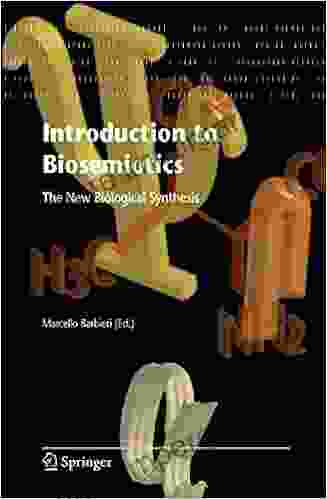
 Tony Carter
Tony CarterEmbark on a Scientific Odyssey: Unveil the Secrets of...
In an era where environmental concerns...
4.8 out of 5
| Language | : | English |
| File size | : | 5630 KB |
| Print length | : | 266 pages |


